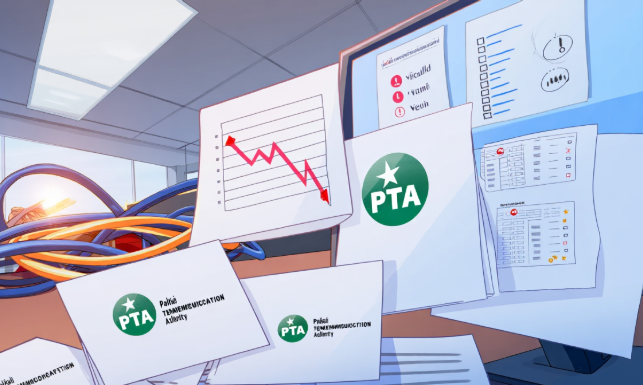A new study from the Massachusetts Institute of Technology (MIT) warns that most corporate investments in generative AI are falling flat. According to the report, The GenAI Divide: State of AI in Business 2025, as many as 95% of generative AI projects in U.S. companies have failed to produce meaningful results, despite billions of dollars in spending.
Researchers stress that the problem is not with the technology itself, but with how businesses are applying it. Many firms are pursuing high-profile tools such as chatbots, which rarely integrate smoothly into daily operations or deliver measurable returns. By contrast, only about 5% of projects succeed, most often in back-office tasks such as document processing or customer data management.
The study also found a stark divide between companies managing AI internally and those working with external providers. Projects led by outside vendors reported a 67% success rate, compared with just 33% for in-house teams. This reflects what researchers describe as a “learning gap”: generative AI performs well for relatively simple tasks but struggles when applied to complex business processes without expert guidance.
Ironically, the report notes that employees who use unapproved consumer AI tools often achieve better results than official corporate deployments. This shadow use highlights both the potential of the technology and the shortcomings of rigid top-down adoption strategies.
MIT researchers warn that unchecked enthusiasm could be creating an AI investment bubble, drawing parallels with the dot-com crash of the early 2000s. They recommend that companies shift focus from hype to execution—by setting clear objectives, embedding AI into real workflows, and empowering managers to adapt systems to business needs.
Without these changes, the report concludes, generative AI risks becoming more of a costly distraction than a transformative tool.






